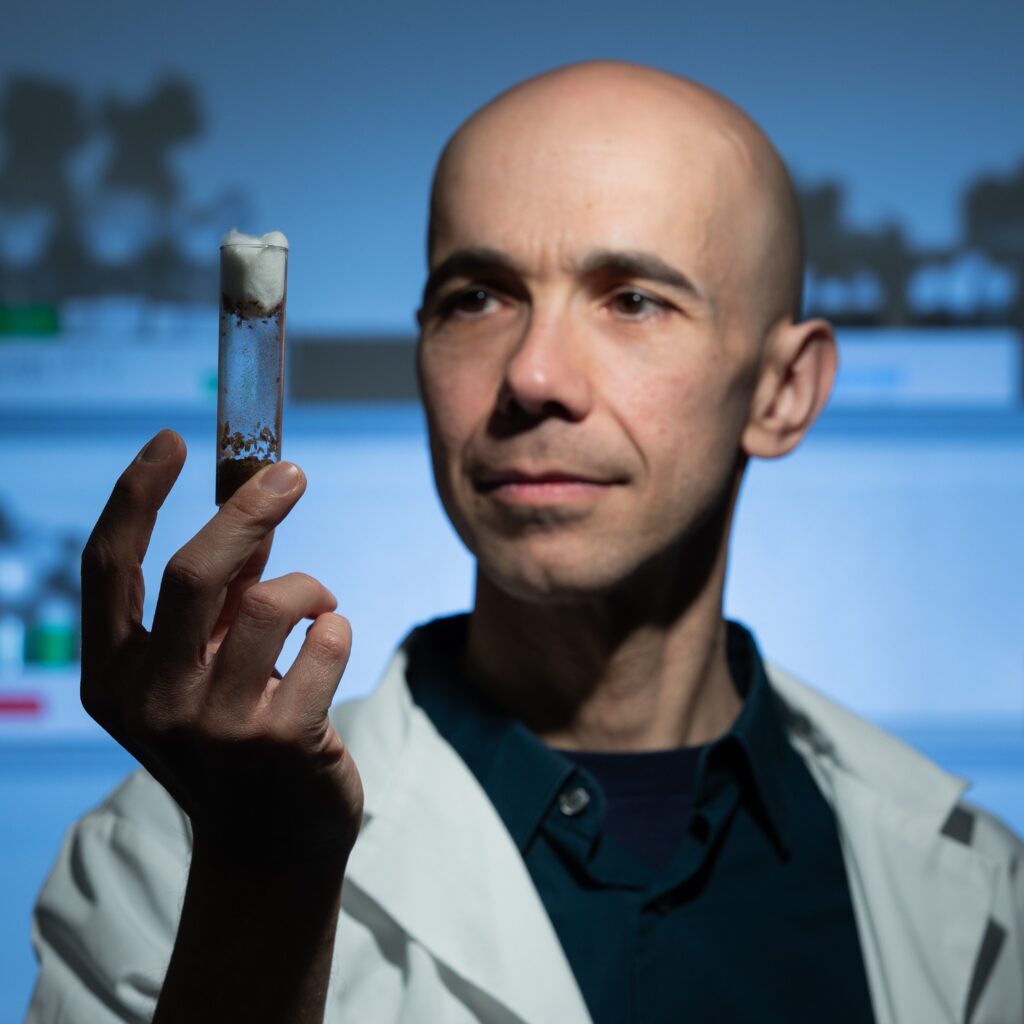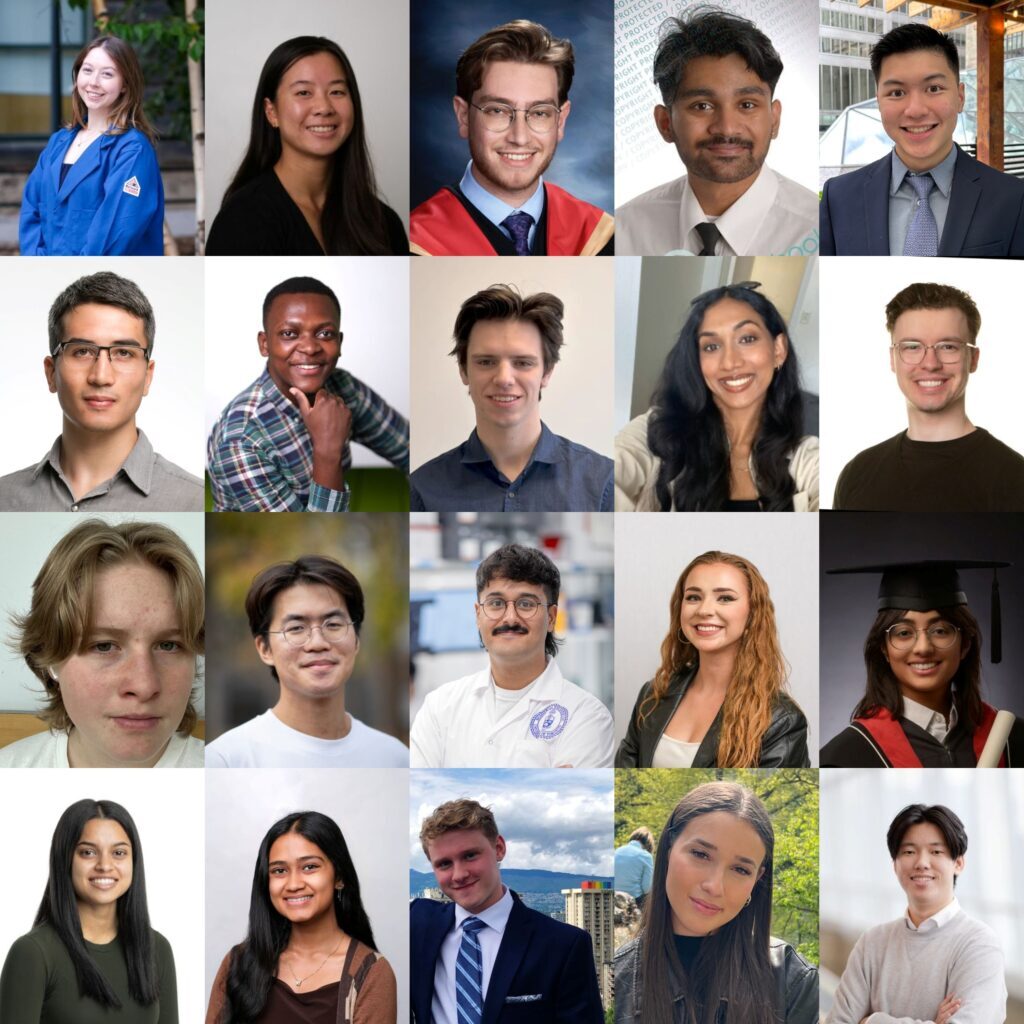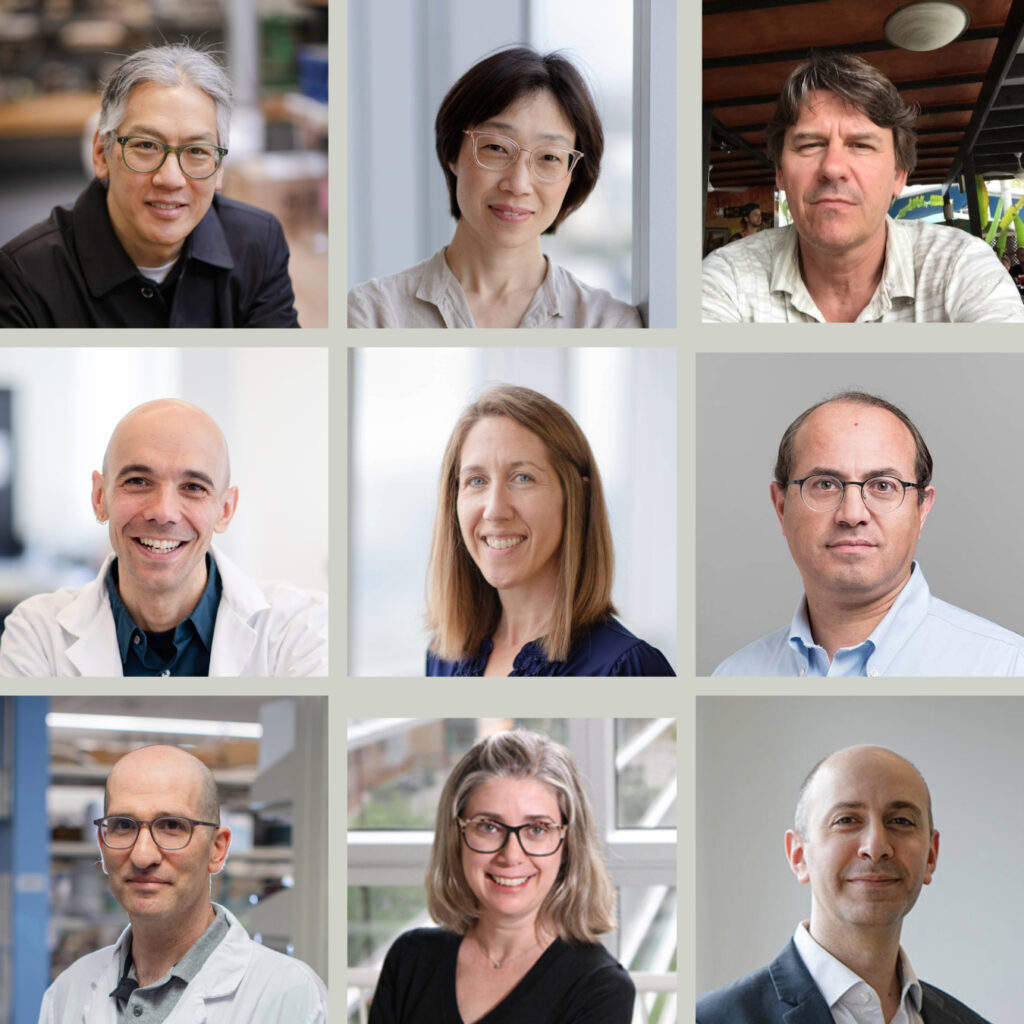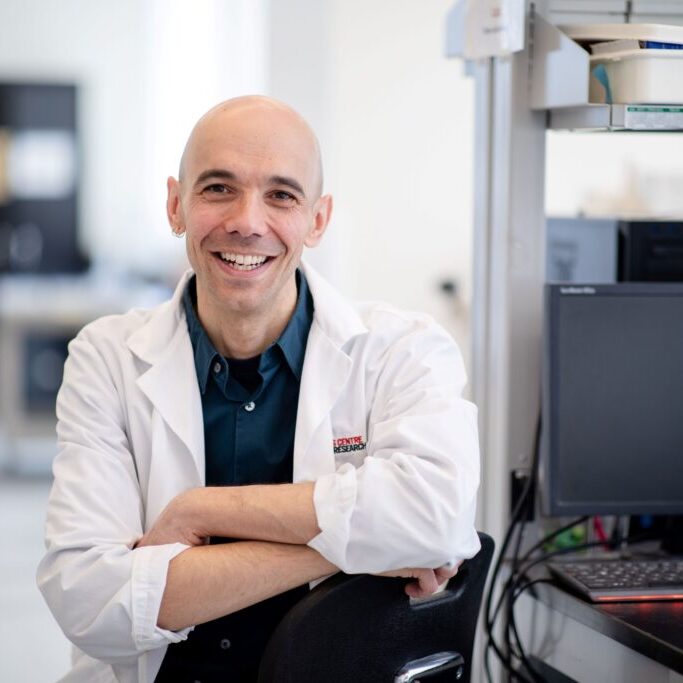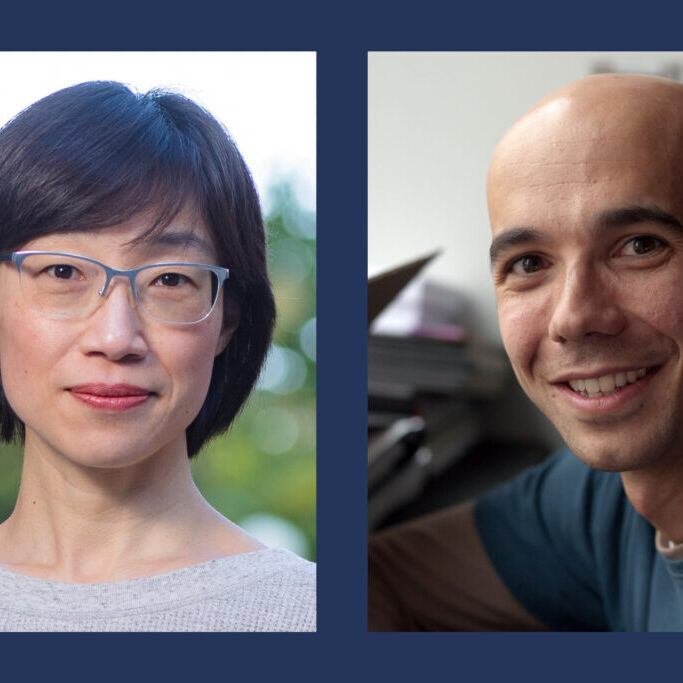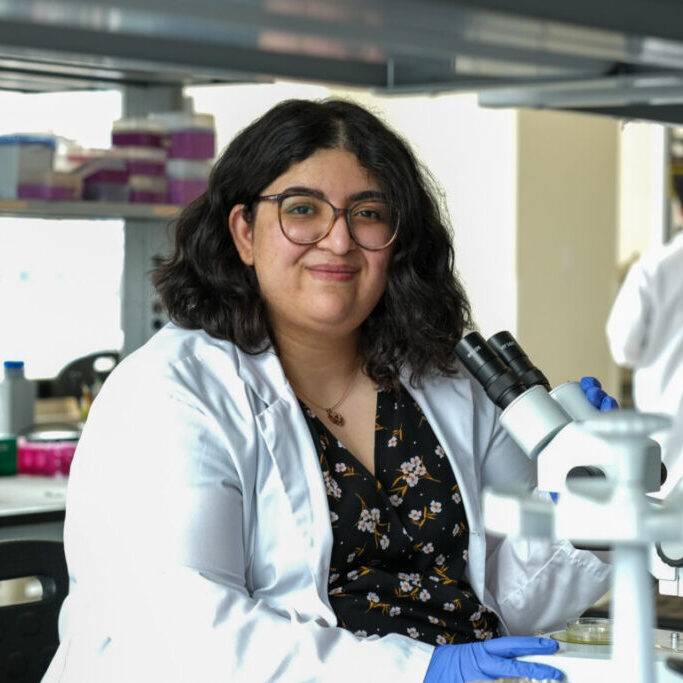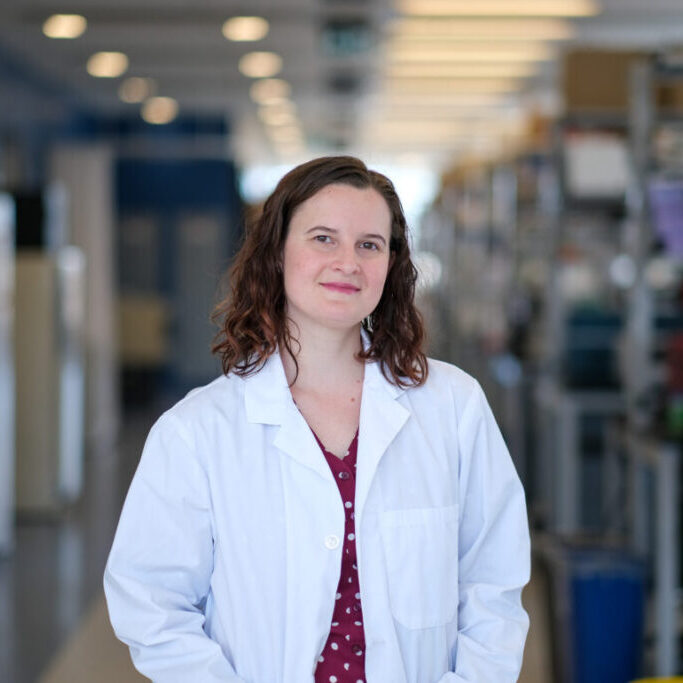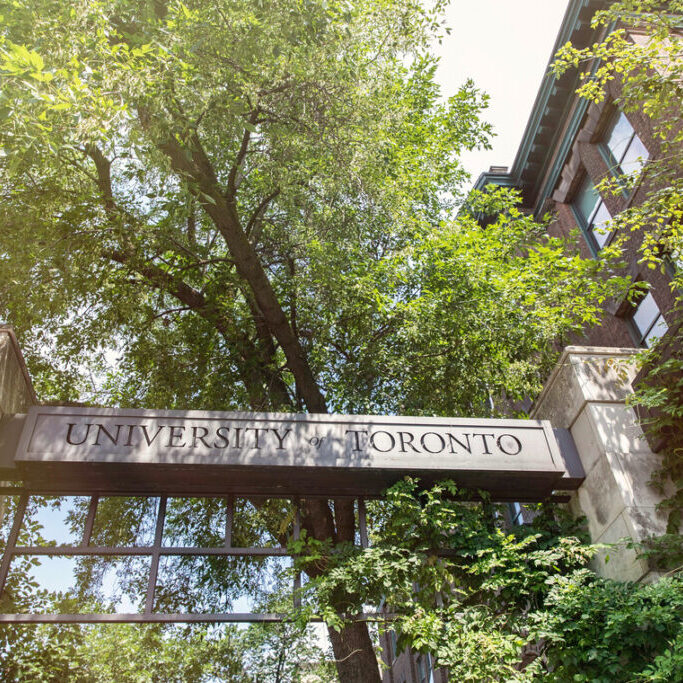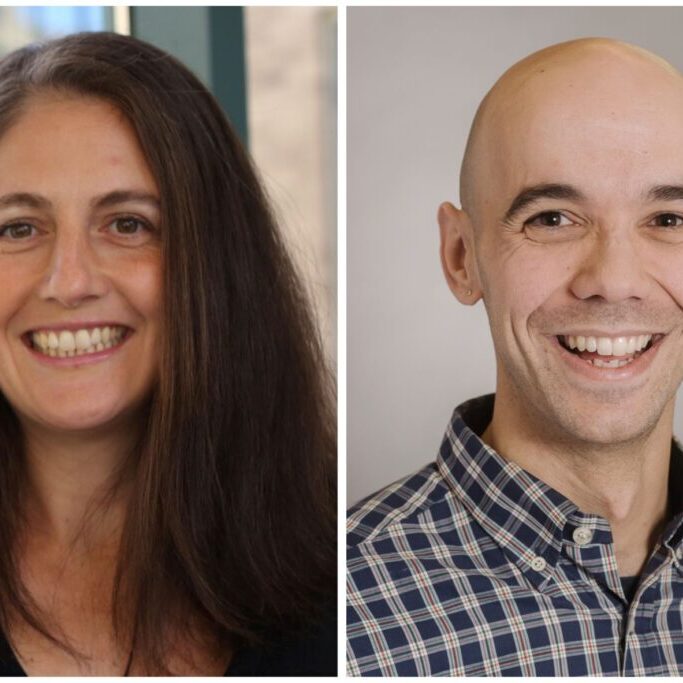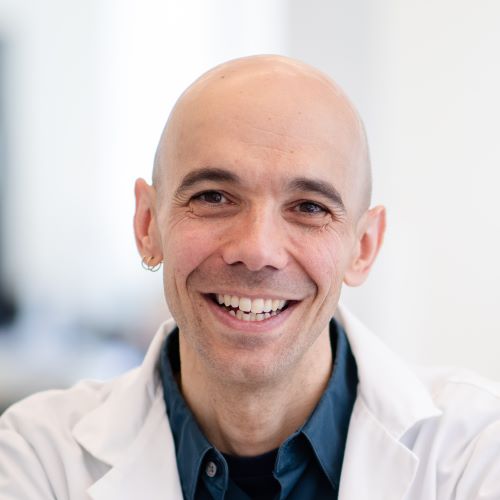
Rodrigo Fernandez-Gonzalez
Professor & Canada Research Chair in Quantitative Cell Biology and Morphogenesis
PhD
Research Stream: Cell & Tissue Engineering
Email & Telephone: directory.utoronto.ca | Office: Ted Rogers Centre for Heart Research, MaRS West Tower, 661 University Ave, 14th Floor
Main Appointments
- Institute of Biomedical Engineering
Additional Appointments
- Department of Cell & Systems Biology
- Adjunct Scientist in the Developmental and Stem Cell Biology Program at SickKids
- Translational Biology and Engineering Program
Research Interests
During morphogenesis, cells coordinate behaviors like movement, adhesion, and force generation to shape tissues. Using bioengineering and molecular tools in fruit fly embryos, researchers study how collective cell actions drive tissue organization.
Wound repair, a conserved morphogenetic process, involves changes in cell shape, molecular dynamics, and mechanical forces to close tissue gaps. Since embryonic wound healing occurs without inflammation or scarring, understanding its mechanisms has important implications for surgery and regenerative medicine.
The research employs three approaches:
- Live imaging and computational analysis to track dynamic cellular and molecular changes during wound closure.
- Molecular screening to identify components involved in force generation.
- Biophysical methods to explore how tissue mechanics influence and regulate healing.
